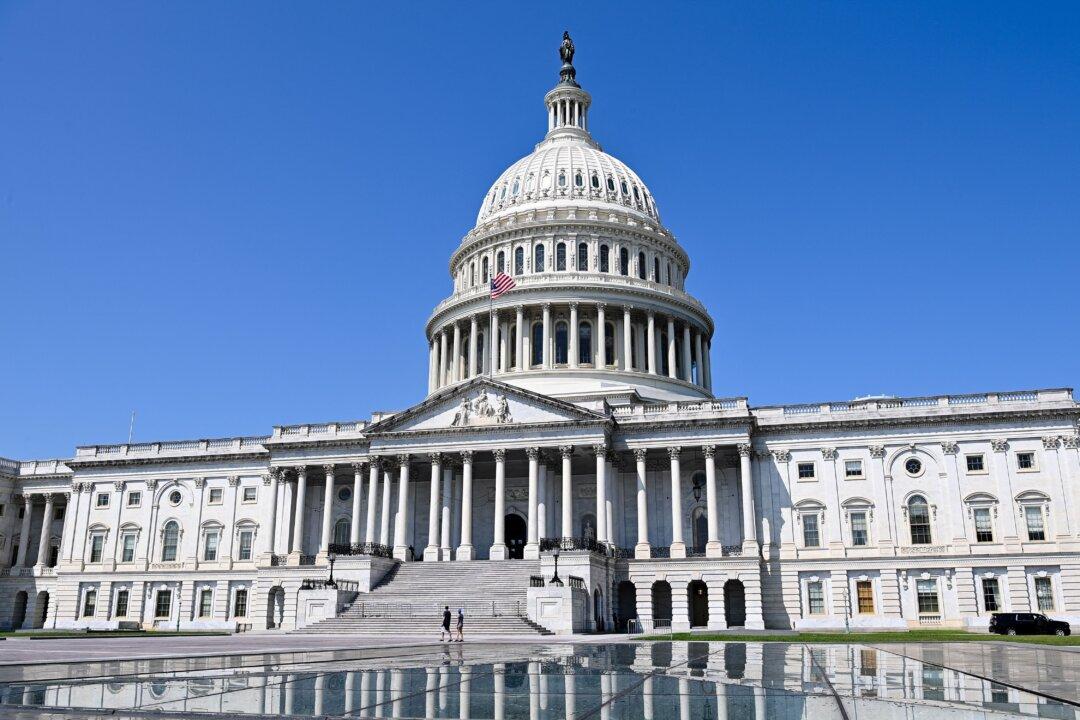Commentary
When Puyi—the last emperor of China—emerged from the Forbidden City in Beijing, he realized that he ruled over nothing. He was surrounded by a fractious republic; the world he thought was limitless and his was gone.

When Puyi—the last emperor of China—emerged from the Forbidden City in Beijing, he realized that he ruled over nothing. He was surrounded by a fractious republic; the world he thought was limitless and his was gone.